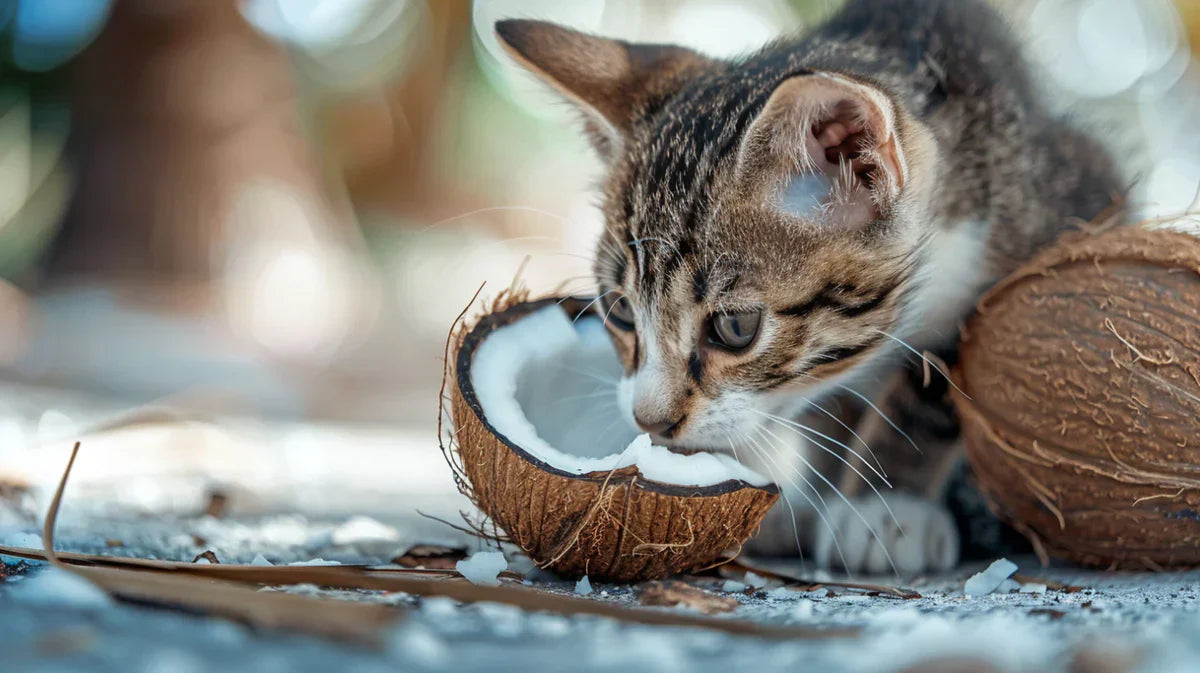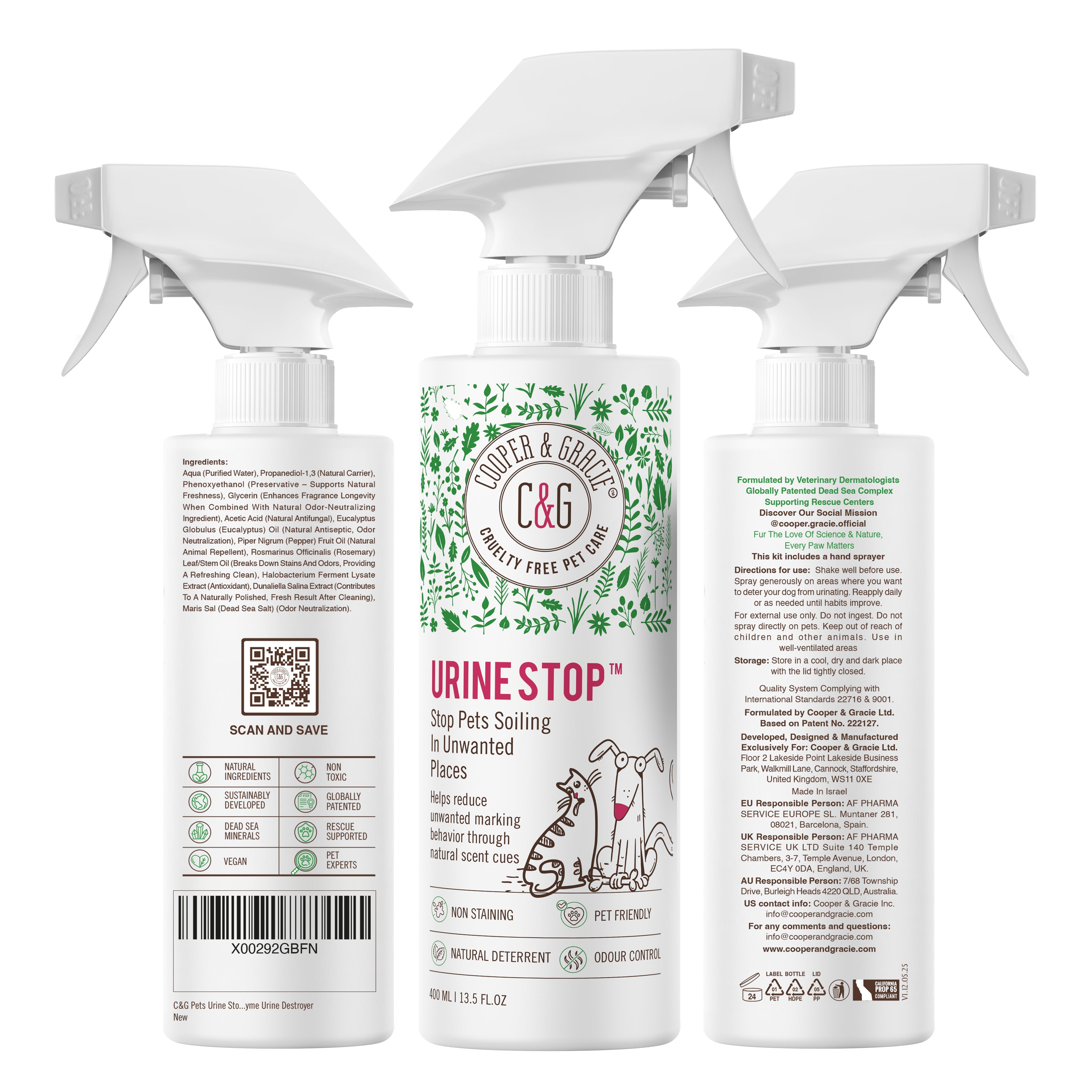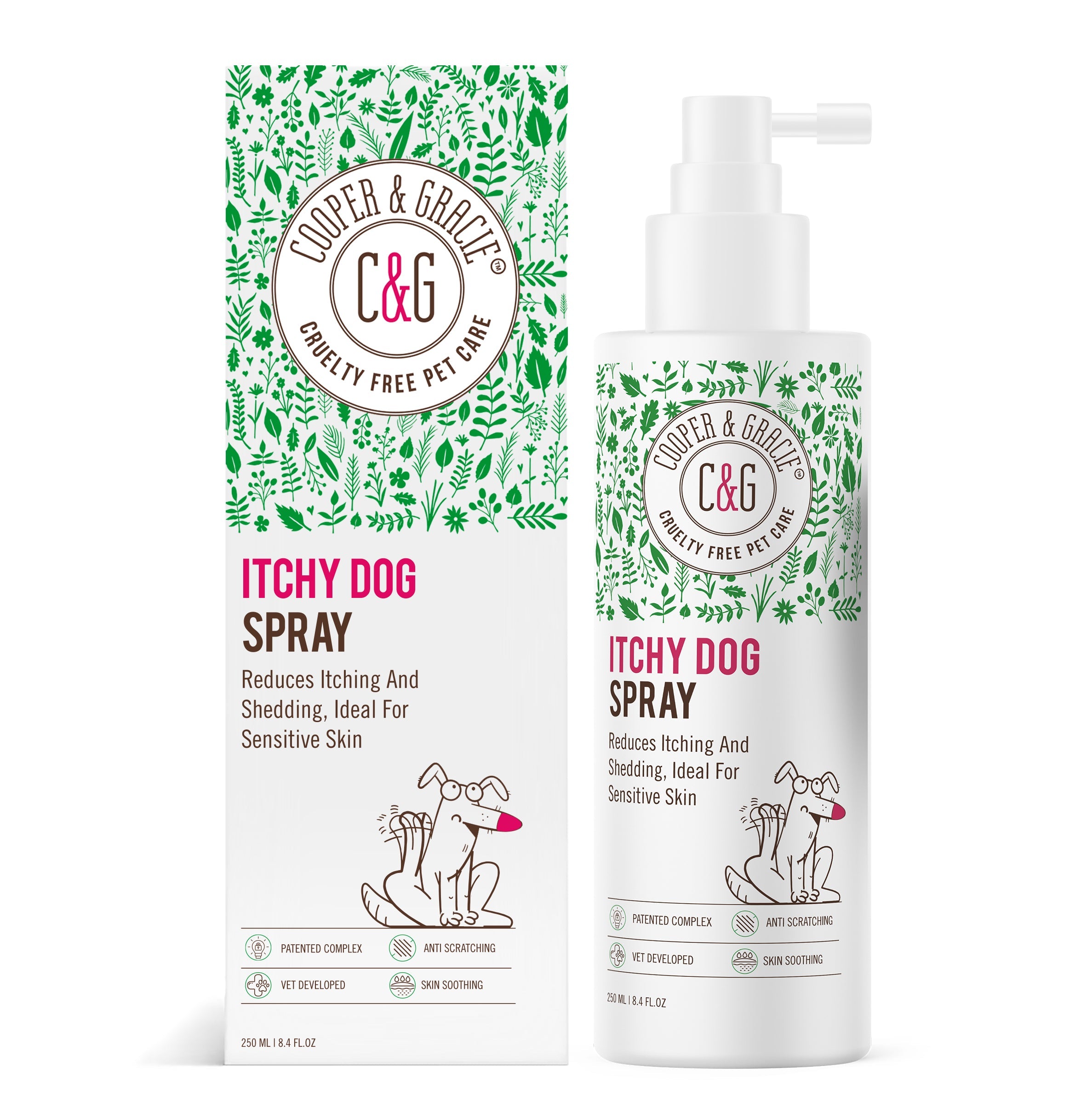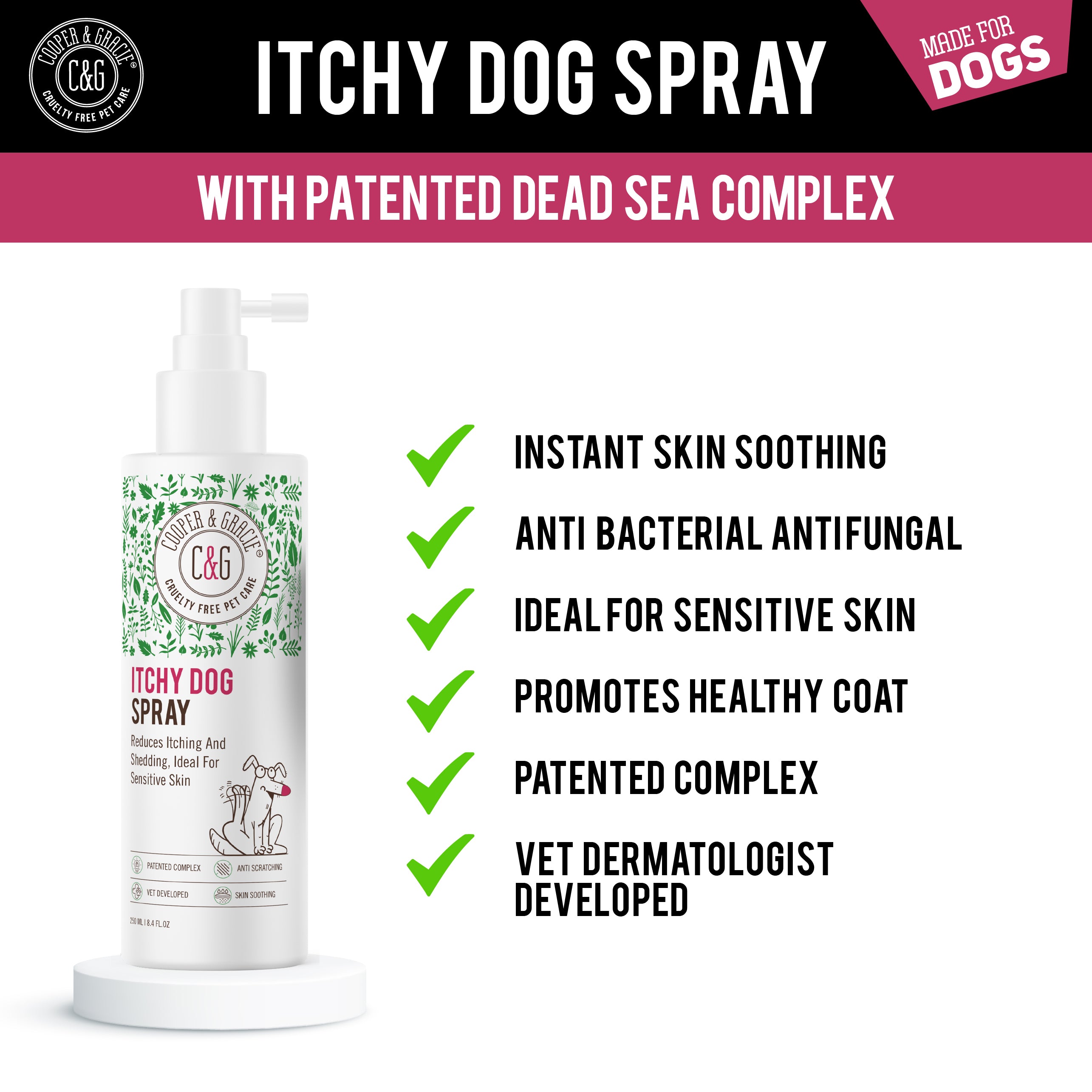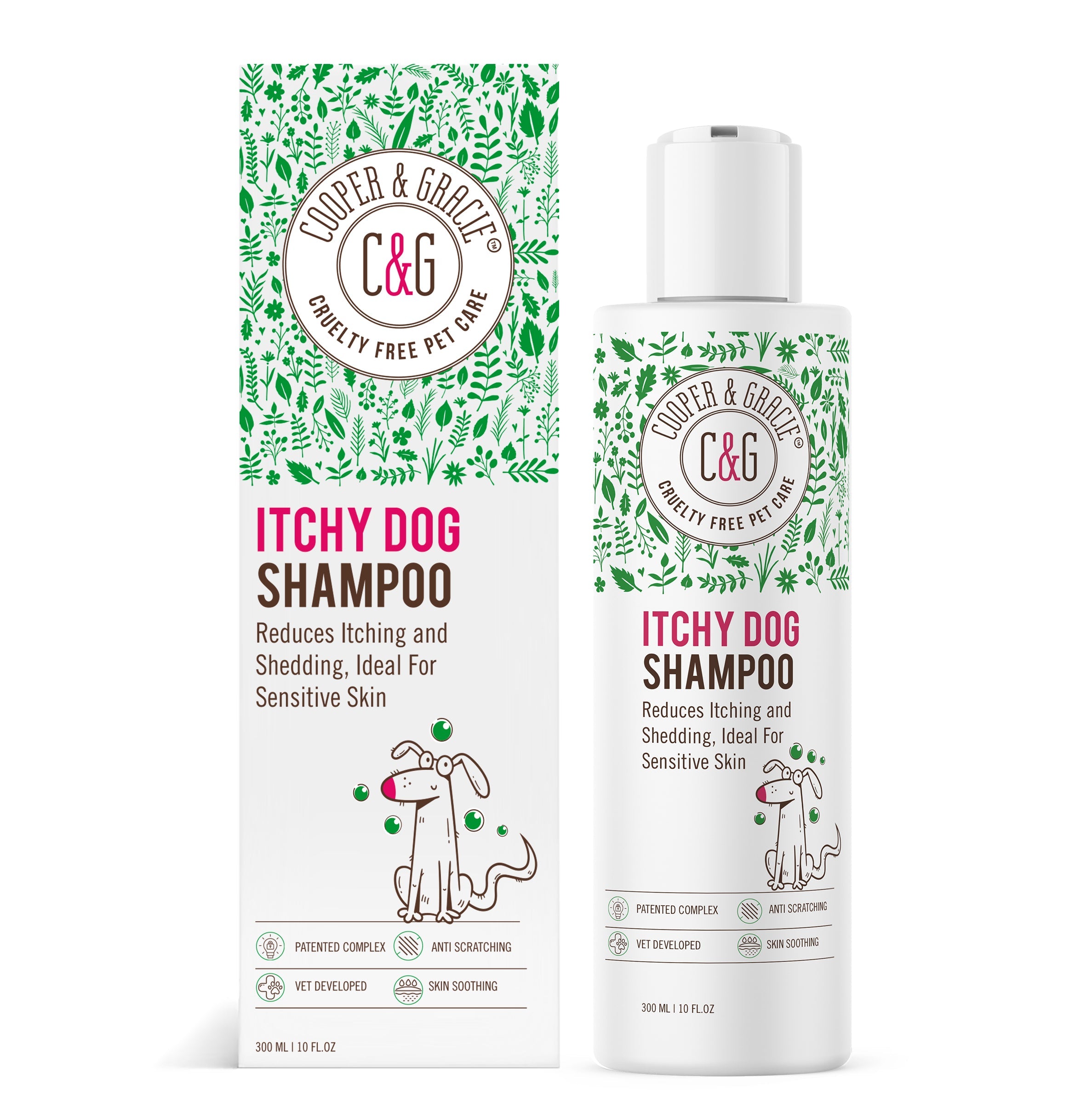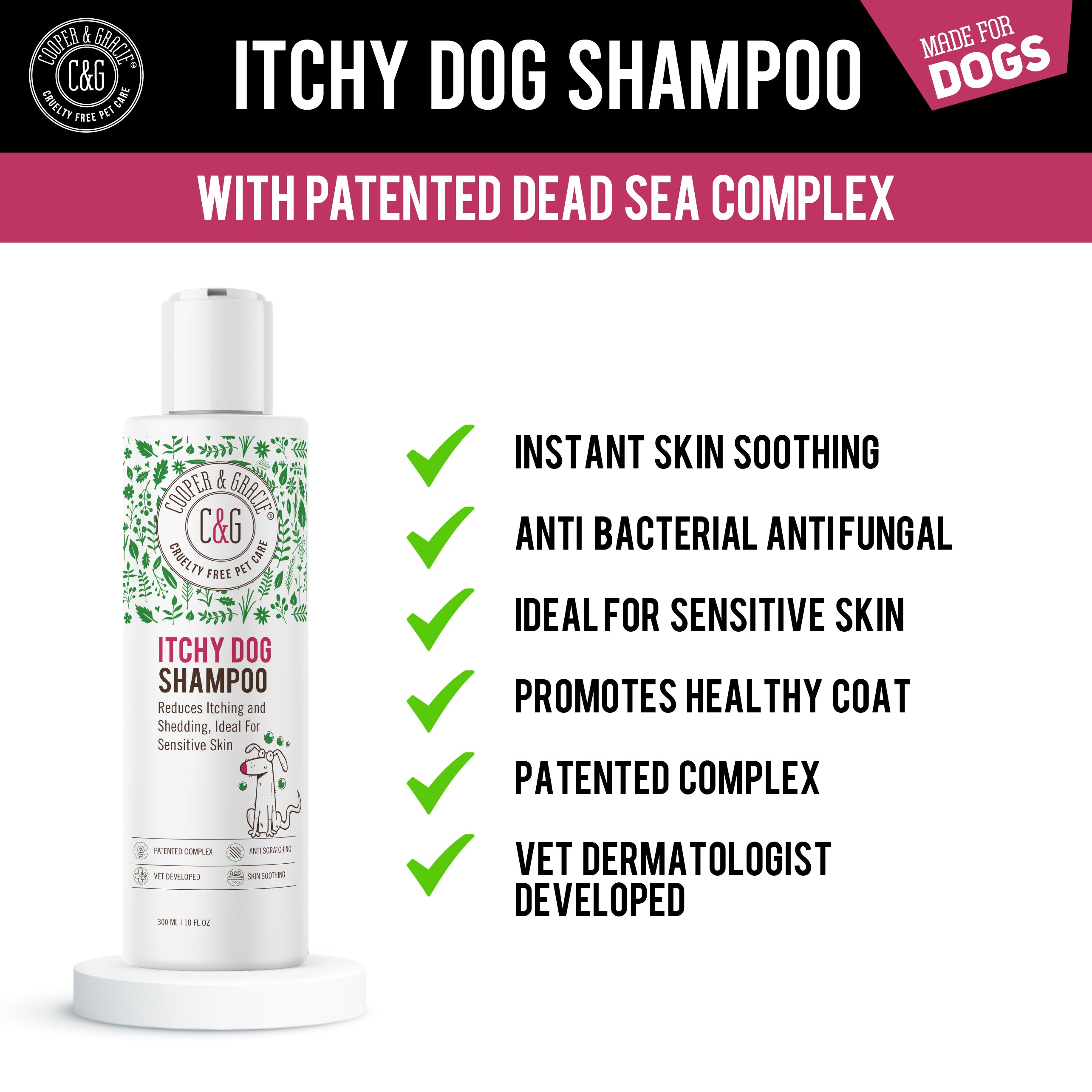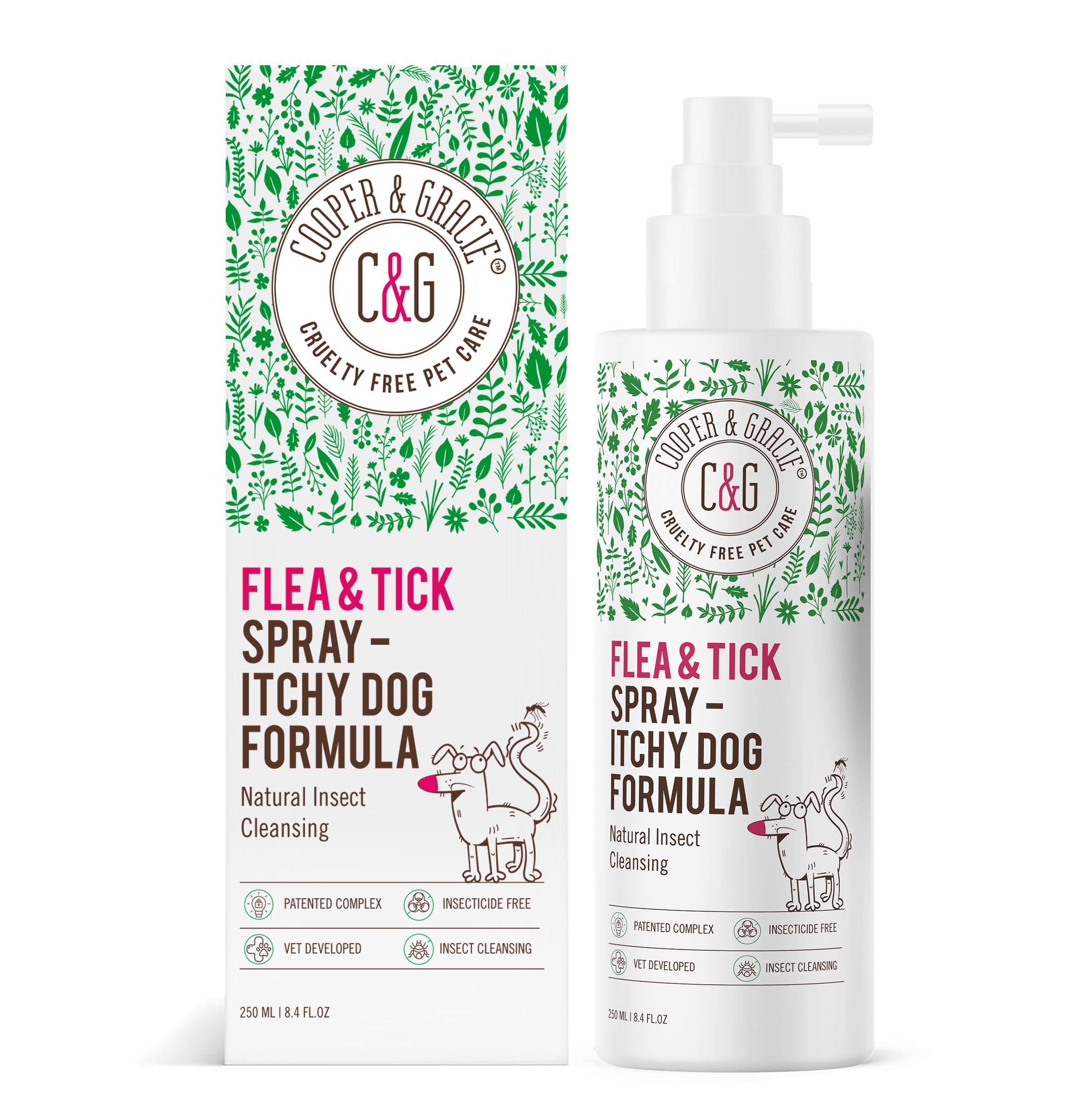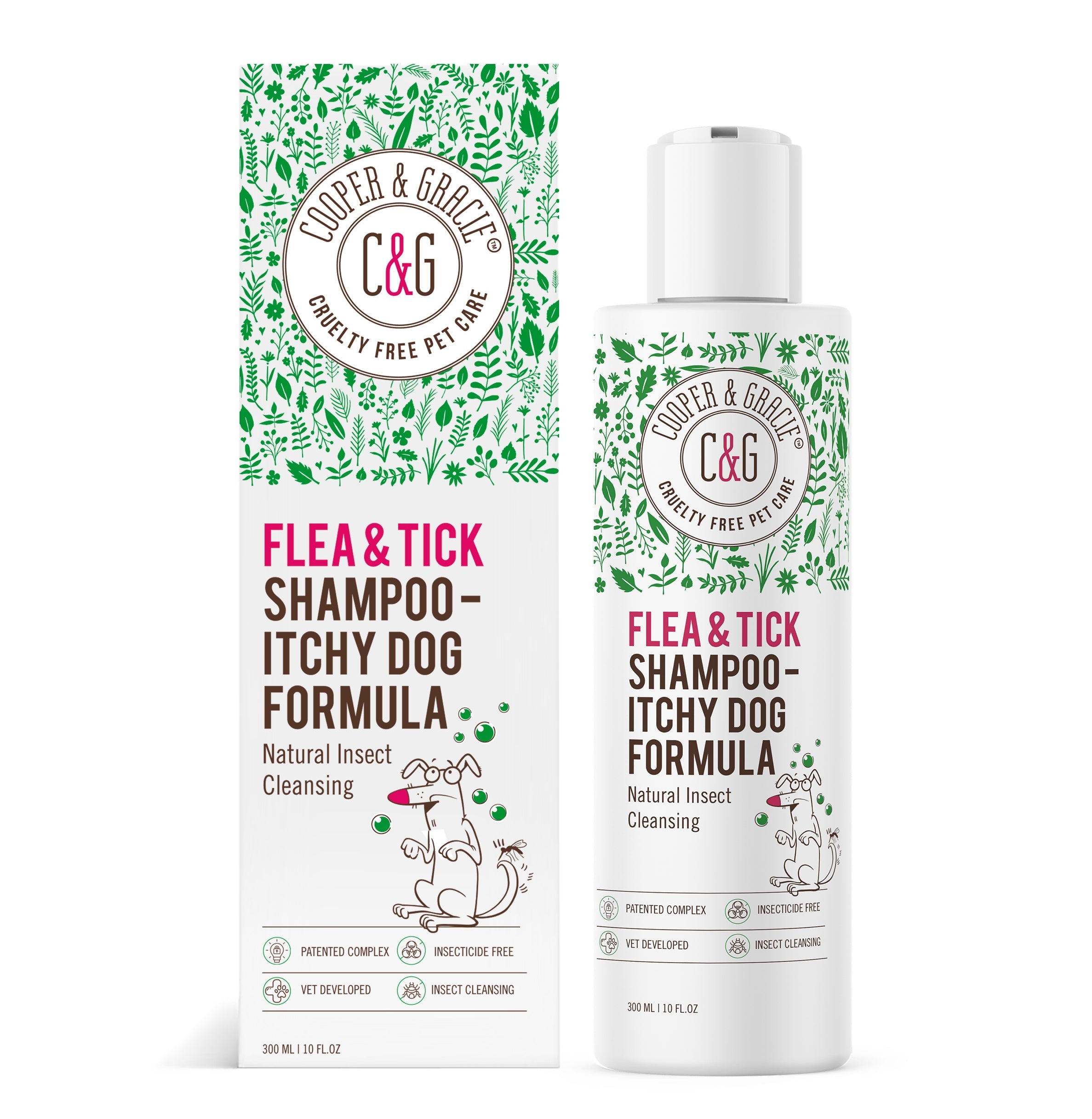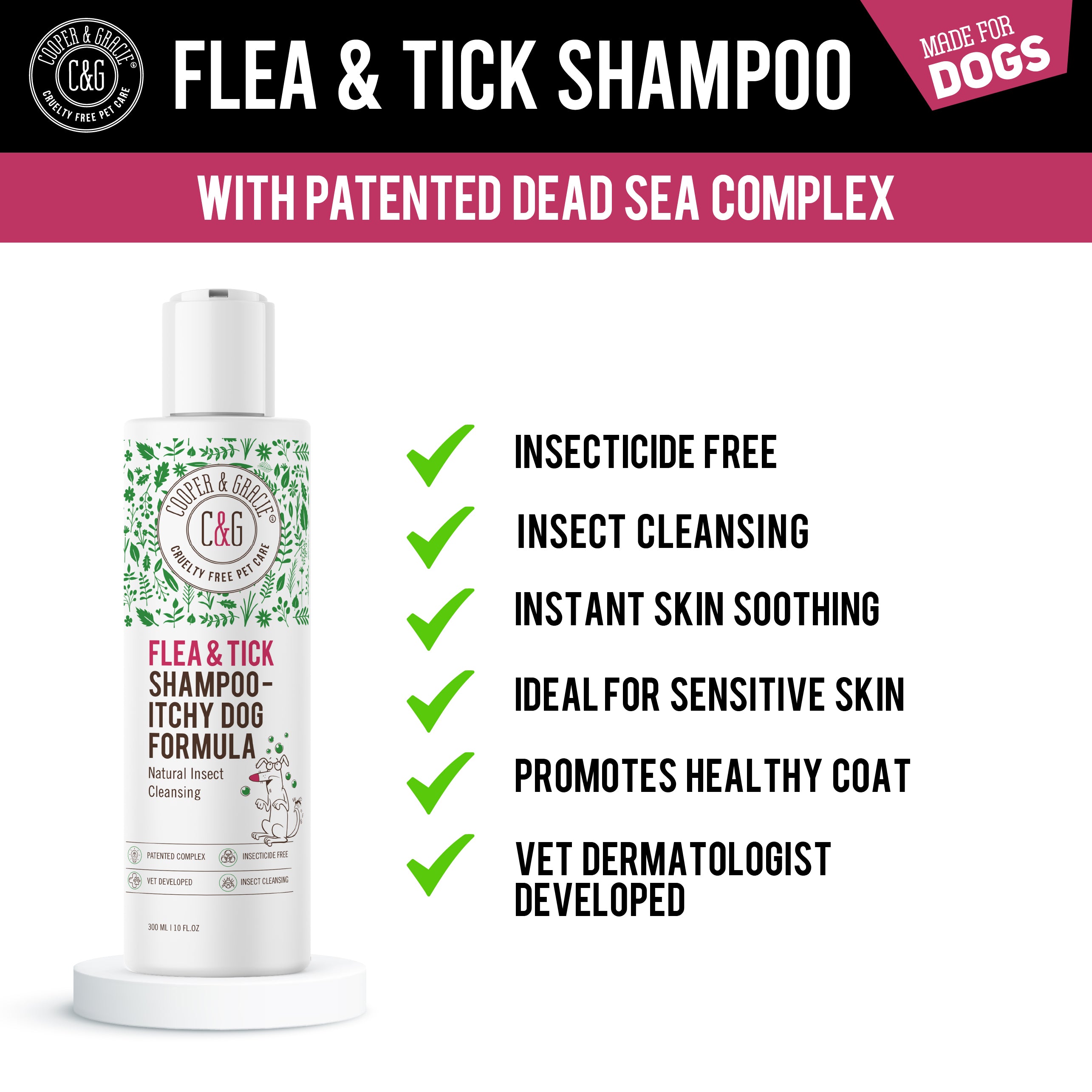Can Cats Eat Coconut? Everything You Need to Know...
Coconut, a tropical fruit known for its versatility and nutritional benefits, has garnered attention among pet owners regarding its suitability for their feline companions. While coconut is considered safe for human consumption and offers various health advantages, the question remains: can cats eat coconut?
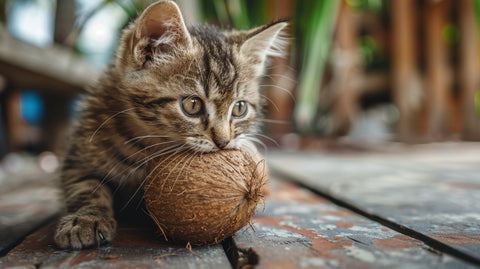
Nutritional Value of Coconut
Before delving into whether cats can eat coconut, it's essential to understand the nutritional composition of this fruit. Coconut is rich in several nutrients, including vitamins, minerals, and healthy fats. It contains significant amounts of potassium, manganese, and copper, along with small quantities of other essential nutrients like iron and zinc. Moreover, coconut flesh and milk provide medium-chain triglycerides (MCTs), a type of fat that may offer certain health benefits.
Can Cats Eat Coconut?
While coconut is not inherently toxic to cats, it's not a natural part of their diet either. Cats are obligate carnivores, meaning their diet primarily consists of meat. Therefore, incorporating coconut into a cat's diet should be approached with caution. Some cats may enjoy the taste of coconut, while others may show little interest.
Potential Benefits of Coconut for Cats
Despite being non-essential to a cat's diet, coconut may offer certain health benefits when fed in moderation. The medium-chain triglycerides (MCTs) present in coconut oil have been associated with improved coat condition and digestion in some cats. Additionally, coconut flesh contains fibre, which could aid in digestion and promote overall gut health.
Risks and Concerns
While coconut may have potential benefits, it's essential to be aware of the risks associated with feeding it to cats. One concern is the high-fat content of coconut, which may lead to digestive upset, including diarrhoea or vomiting, especially if consumed in large quantities. Moreover, some cats may be allergic to coconut, experiencing adverse reactions such as itchiness, skin irritation, or gastrointestinal issues.
How to Serve Coconut to Cats
If you decide to offer coconut to your cat, it's crucial to do so in moderation and in a safe manner. Fresh coconut flesh can be offered as a small treat, while coconut oil can be added sparingly to their food. Ensure that the coconut is free from any additives or sweeteners, as these may be harmful to cats.
Signs of Allergic Reactions
Keep a close eye on your cat after introducing coconut into their diet. Watch for any signs of allergic reactions, such as itching, swelling, or difficulty breathing. If you notice any adverse symptoms, discontinue feeding coconut and consult your veterinarian immediately.
Alternatives to Coconut
If you're unsure about feeding coconut to your cat or if they show signs of intolerance, there are plenty of other safe and nutritious treats available. Opt for cat-friendly snacks such as cooked chicken, fish, or commercially available cat treats that are specifically formulated to meet their dietary needs.
Consulting a Veterinarian
Before making any significant changes to your cat's diet, it's always best to consult with your veterinarian. They can provide personalised advice based on your cat's individual health needs and dietary requirements. Your vet can also help address any concerns or questions you may have regarding feeding coconut or any other new foods to your cat.
Conclusion
In conclusion, while coconut is not toxic to cats, it's not a necessary component of their diet. Feeding coconut to cats should be done sparingly and with caution, as some cats may experience digestive issues or allergic reactions. Always monitor your cat closely when introducing new foods and consult your veterinarian if you have any concerns.
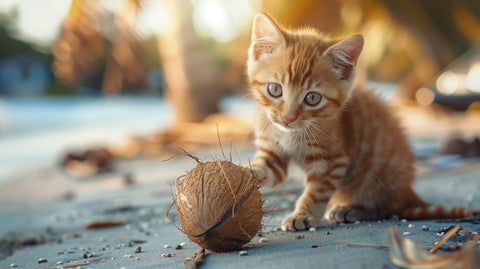
FAQs (Frequently Asked Questions)
-
Can coconut oil be used topically on cats?
- It's best to avoid applying pure coconut oil topically on cats, as they may ingest it while grooming, leading to potential digestive issues. Consult your vet for safe alternatives for skincare.
-
Is coconut water safe for cats to drink?
- While coconut water is not inherently toxic to cats, it's unnecessary and may upset their stomach due to its high potassium content. Stick to fresh water as the primary source of hydration for your cat.
-
Can kittens eat coconut?
- Kittens have delicate digestive systems, and introducing new foods should be done cautiously. It's best to wait until they are older before offering coconut, and even then, it should be given sparingly.
-
What should I do if my cat accidentally ingests coconut products?
- Monitor your cat for any signs of discomfort or allergic reactions. If they show symptoms such as vomiting, diarrhea, or lethargy, contact your veterinarian immediately for guidance.
-
Are there any cat food brands that incorporate coconut into their recipes?
- Some cat food brands may include coconut as a supplementary ingredient, but it's essential to carefully read the label and consult with your vet to ensure it's suitable for your cat's specific dietary needs.
Join the Cooper and Gracie Family for Purr-fect Pet Care!
At Cooper and Gracie, we're more than just a pet care brand – we're a family dedicated to providing the best for your furry companions. With our premium range of cat grooming products, we strive to enhance the lives of pets and their owners alike. From luxurious cat shampoos to soothing detangler spray, each item is meticulously crafted with love and care, ensuring that your pets receive only the finest ingredients. Join us on this journey of love and compassion for our four-legged friends. Shop now and experience the Cooper and Gracie difference!

